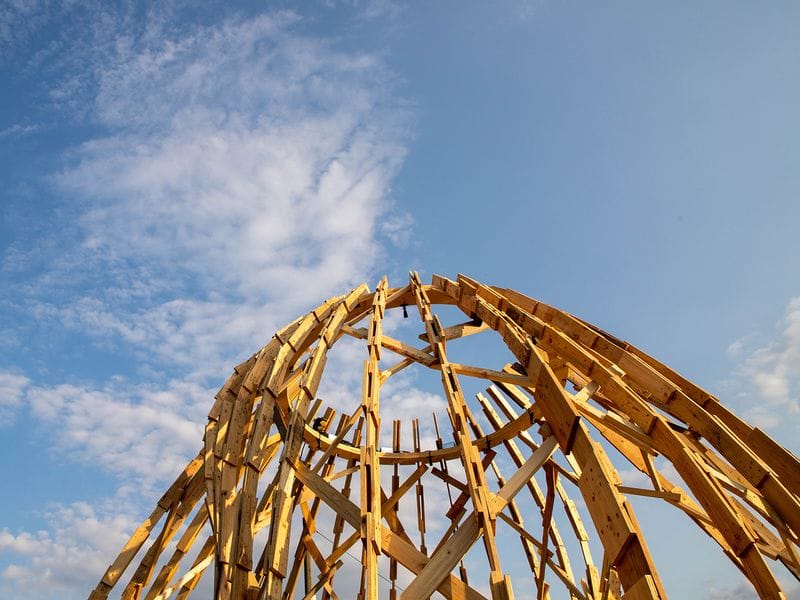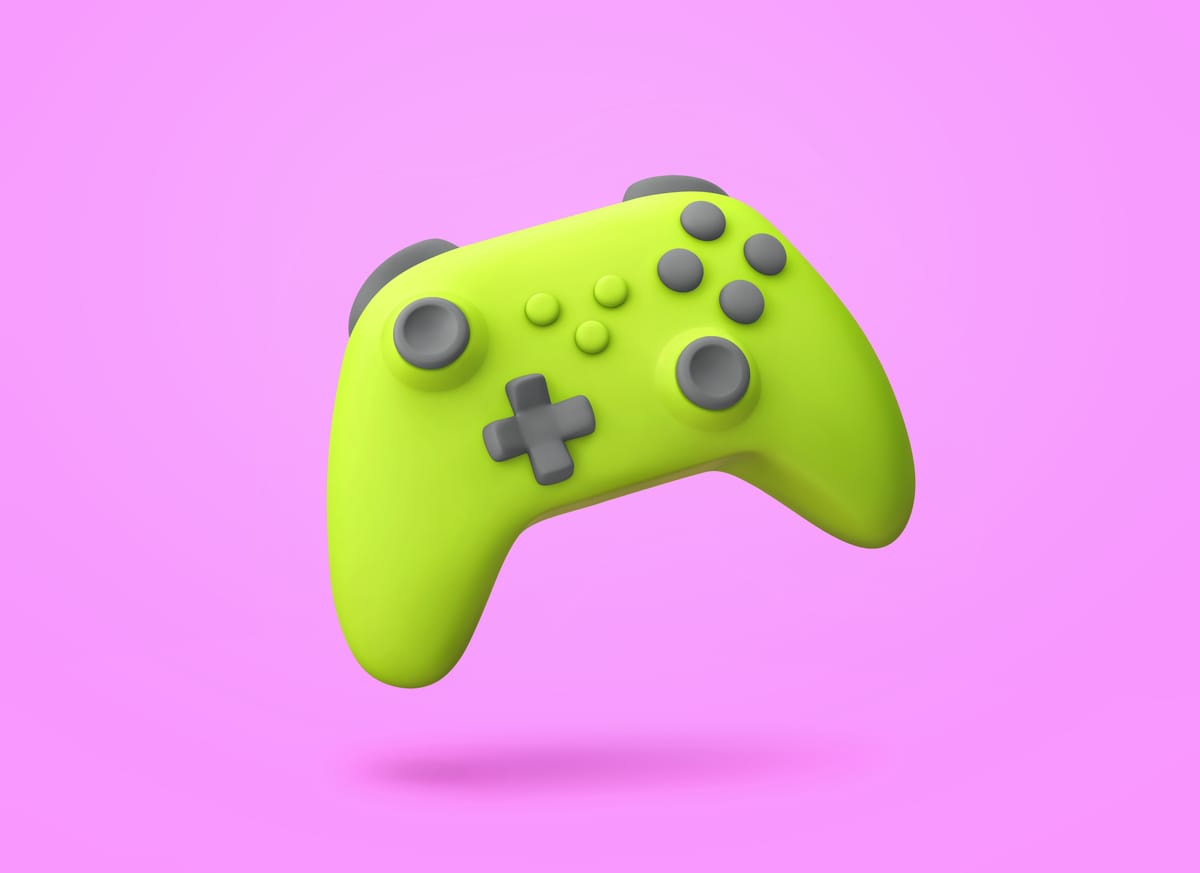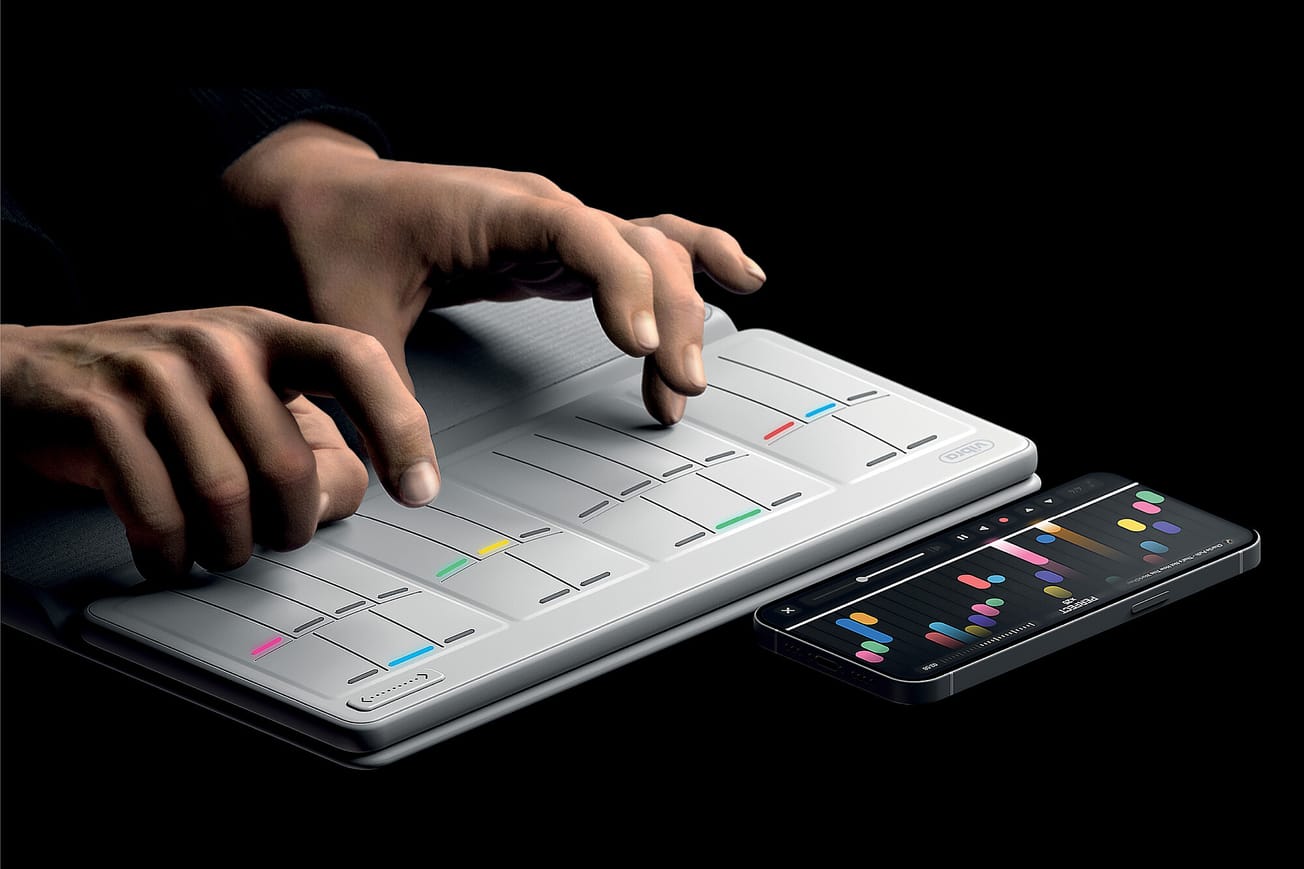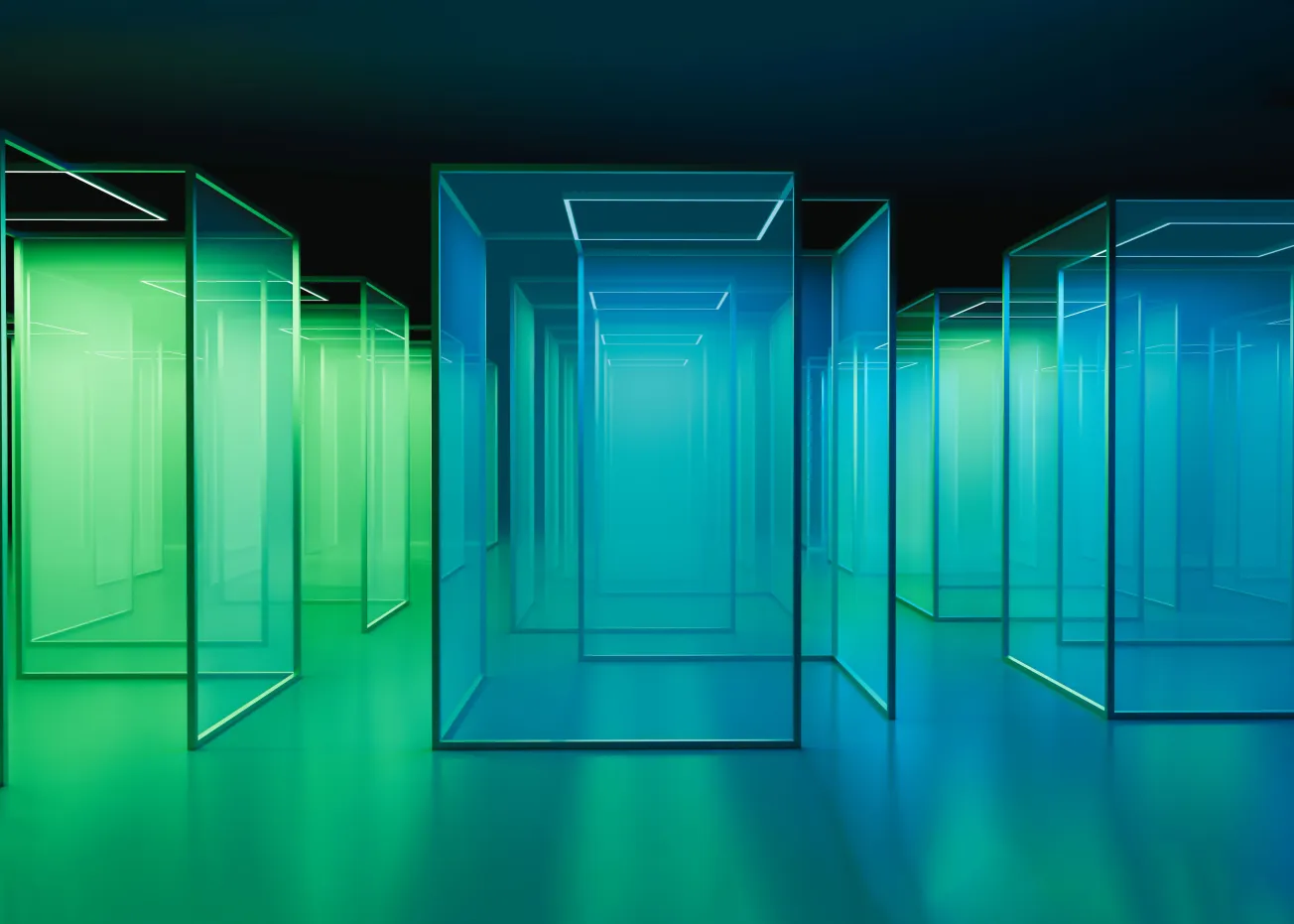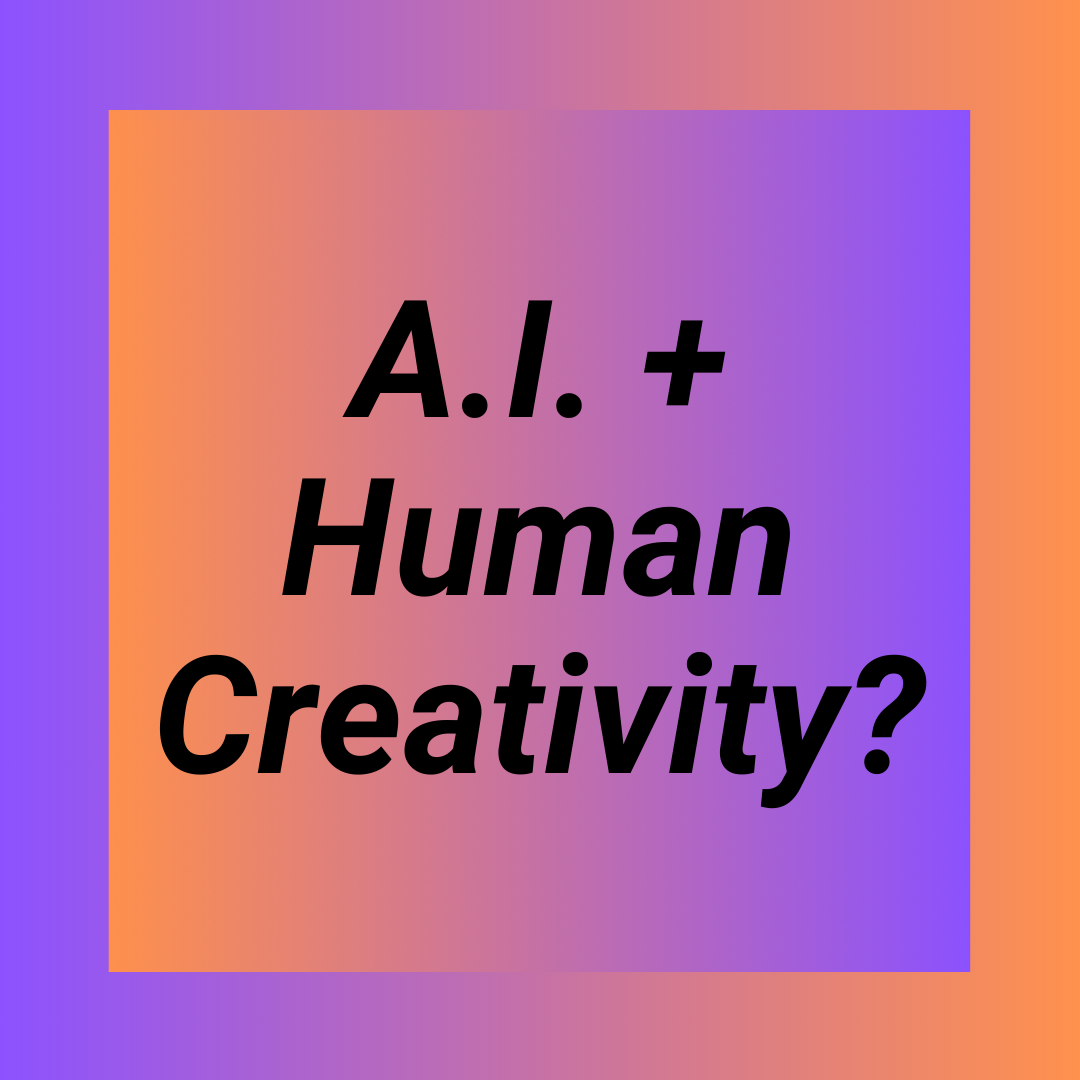Fologram, a mixed-reality research platform, enables architects, designers, educators, fabricators, and manufacturers to visualize and interact with 3D models in the real world using augmented reality (AR) technology. It allows users to view holographic representations of their digital designs overlaid onto physical spaces through AR headsets like Microsoft HoloLens or smartphones and tablets. The platform facilitates real-time collaboration, spatial understanding, and design iteration by overlaying digital information onto physical environments, providing a more immersive and intuitive way to engage with architectural and design projects. Fologram was founded by Gwyllim Jahn, Cam Newnham & Nick van den Berg in 2017 after early experiments with the HoloLens beginning in 2016.
Fologram's technology has streamlined communication and collaboration within the construction industry, helping architects and engineers share 3D models with on-site construction personnel to access design features and identify potential challenges before commencing construction. Integrating live mixed-reality information within physical spaces can facilitate enhanced accuracy and efficiency throughout a construction project, mitigating the likelihood of errors or the need for rework.
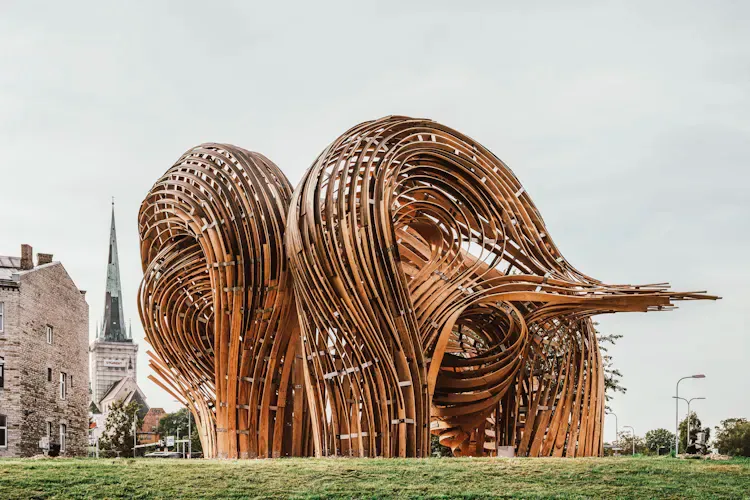
In addition to the significant advantages of using the platform within the construction industry, Fologram technologies have been used extensively in research and creative explorations, with recent projects including the Lusail Whale Shark in Doha, Qatar, FabriCity at the 2023 Venice Architecture Biennial, the SteamPunk Pavilion in the 2019 Tallinn Architecture Biennale (Estonia). Fologram has partnered and collaborated with academic institutions that include Bartlett UCL, Cornell, Georgia Tech, Clemson University, Rensselaer Polytechnic Institute, and RMIT, amongst many others.
As evidenced by their extensive and diverse scope of projects, Fologram is at the forefront of advancing production processes in design and fabrication across the industry.
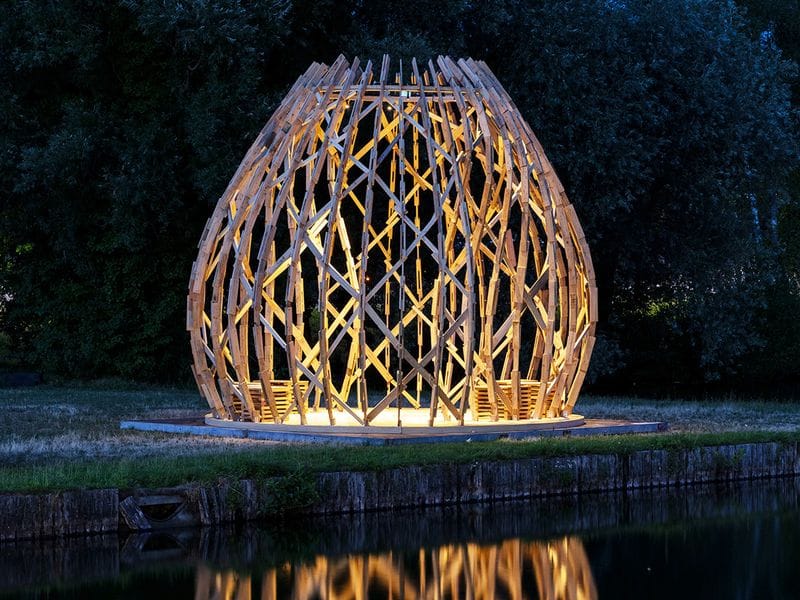
‘NAIL-IT’ is a recent project created for ‘DasFest 2023’ in a collaboration between departments of Digital Design and Fabrication (DDF) and Design of Structures (DOS) at Karlsruhe Institute of Technology (Germany). The project explored the potential of how wood waste and digital tools could be used to develop new applications and construction methods for sustainable and circular construction practices.
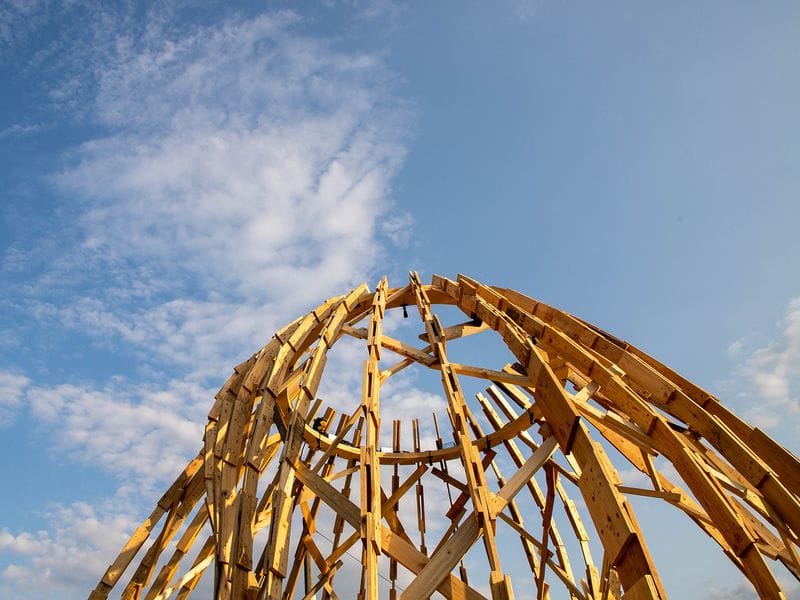
Crafted from reclaimed wood, the structure comprises 827 distinct wooden components cataloged in a database. Leveraging digital planning software, these elements were intricately assembled in three dimensions, culminating in the creation of 36 structural ribs. These ribs, intricately intertwined in spiral formations, establish an efficient support network.

Unlike traditional methods relying on floor plans and manual drawings, the assembly process was facilitated using augmented reality glasses, seamlessly bridging the gap between physical and digital realms. Connecting the wooden components are wooden nails propelled by compressed air, offering an environmentally-conscious solution that ensures easy disassembly for recycling at the end of their lifecycle.
The potential impacts of this experimental process within the construction industry as a sustainable, circular approach is a laudable demonstration of the significance of this platform as both a tool for creative exploration and industry advancement.

